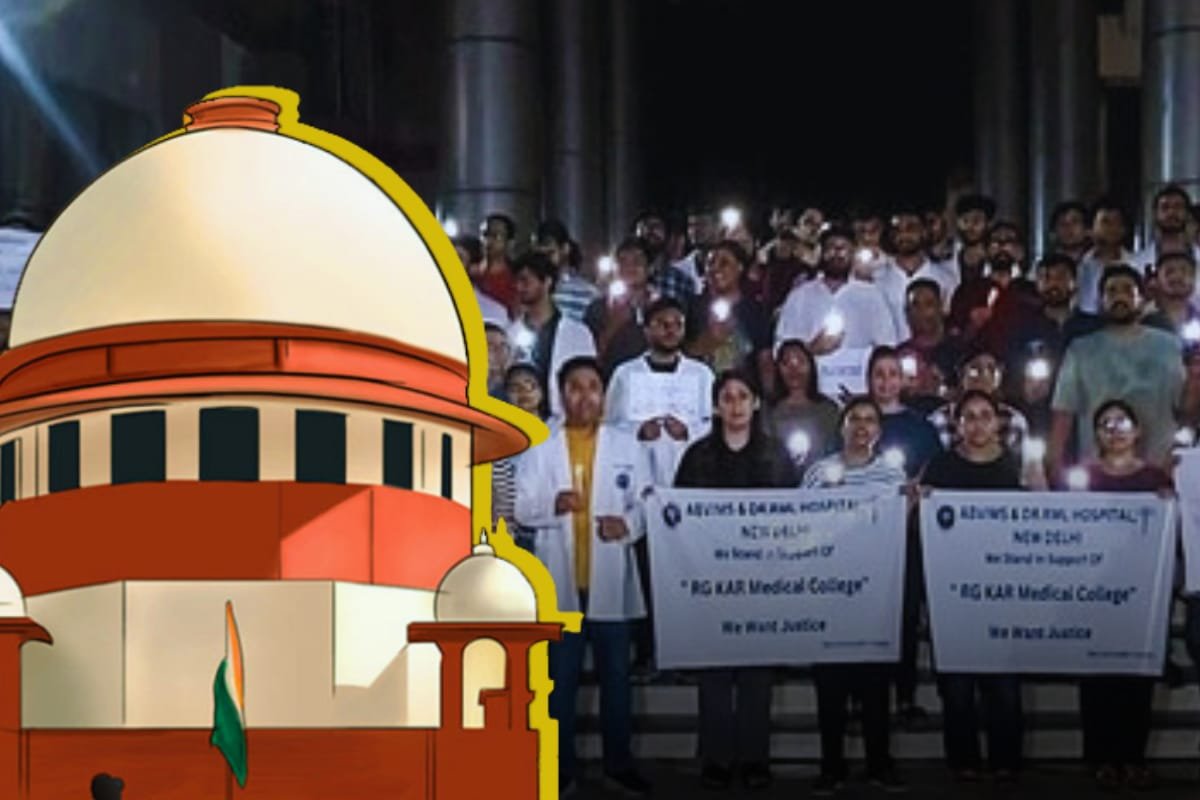NEW DELHI: During the suo motu hearing of the RG Kar Hospital rape-murder case, the Supreme Court bench, comprising Chief Justice DY Chandrachud, Justices JB Pardiwala, and Manoj Misra, expressed deep concern over the “inhuman working hours” faced by resident doctors across the country. The Court noted that some doctors are required to work 36-hour shifts, describing such conditions as “just inhuman.”
The Court directed the National Task Force (NTF), which is mandated to recommend uniform safety protocols for medical professionals, to also consider streamlining the on-duty hours of all doctors. The NTF has been instructed to take into account the suggestions made by resident doctors and other representatives of the medical profession.
To facilitate the submission of suggestions, the Court ordered the Union Ministry of Health and Family Welfare to create a web portal on its website. This portal will allow associations and other stakeholders to submit their suggestions for consideration by the NTF.
ALSO READ: Supreme Court criticizes politicization of Kolkata doctor case – THE NEW INDIAN
The Court emphasized that the views of diverse stakeholders, including interns, residents, senior residents, doctors, nurses, and paramedical staff, would be taken into account by the NTF before making its recommendations. The Court recorded in its order:
“The views of diverse stakeholders including interns, residents, senior residents, doctors, nurses, as well as paramedical staff, would be taken into account by the NTF before its recommendations are made. To facilitate the filing of suggestions before the NTF, we direct the Secretary in the Union Ministry of Health and Family Welfare to open a web portal on the website of the Ministry, on which associations, or as the case may be different stakeholders, may submit their suggestions for consideration by the NTF,” the apex Court noted.
The Court also asked the NTF to explore proposals for introducing distress call systems for doctors, especially female professionals, linked to nearby police stations, establishing institutional FIRs to ensure crimes are registered without delay, and constituting compensation distress funds.










